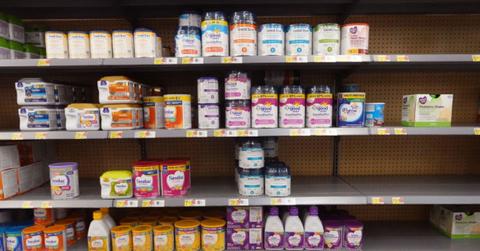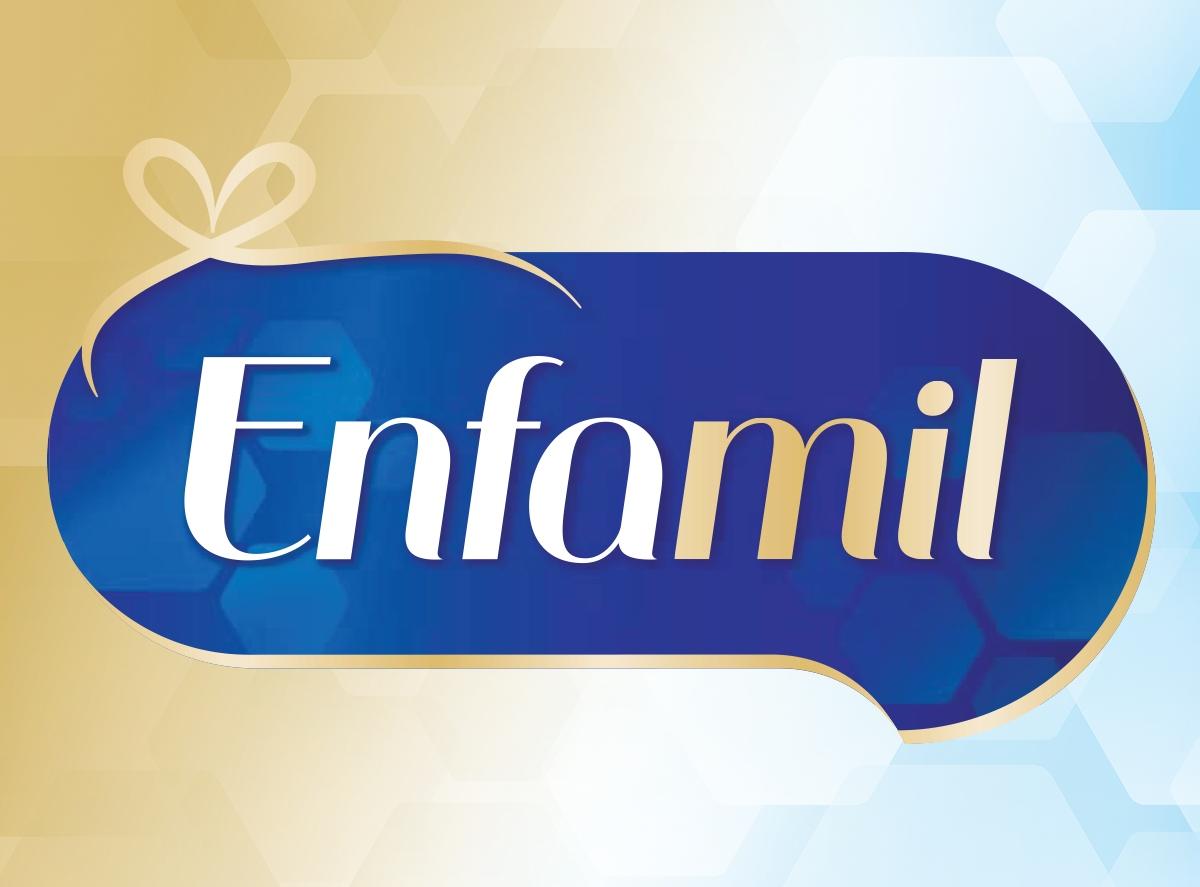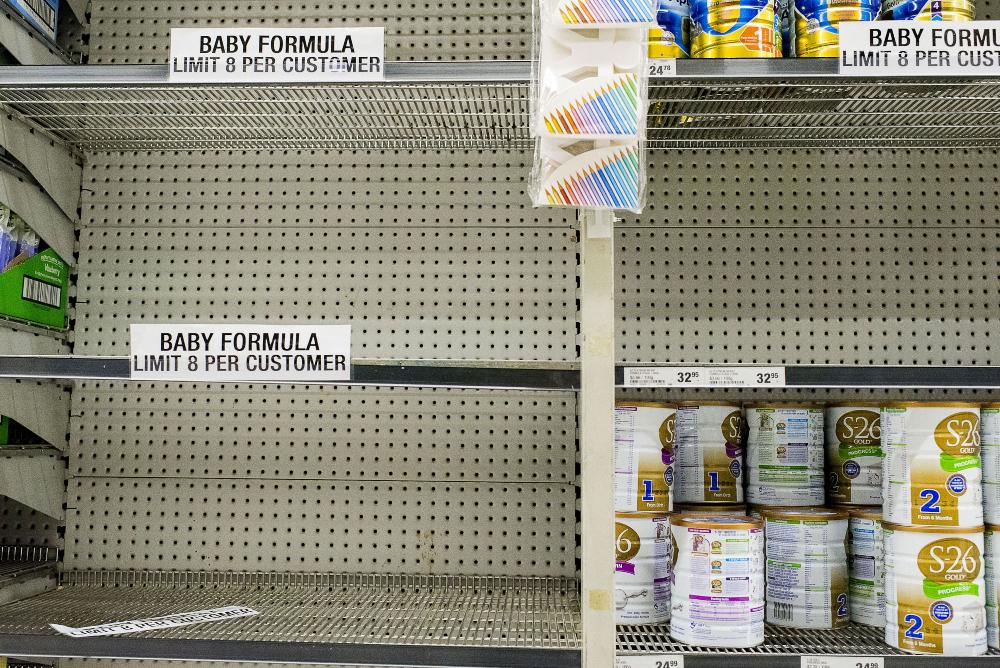Baby Formula Shortage: Abbott Plant Reopening and Imports Should Help
Parents have struggled to find baby formula for months due to a supply shortage and product recalls. The shortage could ease in the second half of 2022.
June 6 2022, Updated 10:39 a.m. ET

Baby formula was already in short supply by the end of 2021, and a February 2022 recall has worsened the problem.
Parents of infants continue to struggle to find baby formula. The shortage has run since November 2021 and hit a scary 73 percent out-of-stock rate on May 22, according to Datasembly. When will the baby formula shortage end?
The baby formula shortage stems largely from the same supply-chain issues plaguing other industries. The COVID-19 pandemic hit consumer product supply hard due to a shortage of truckers to transport products, manufacturing plants closing, a lack of labor for manufacturing plants, and more. Inflation and product recalls haven’t helped matters.
Baby formula is hard to come by for many reasons, including supply chain problems.
Supply-chain hiccups, product recalls on certain brands, and historic inflation rates are all behind the baby formula shortage. Ben Reich, the founder and CEO of Datasembly (which tracks grocery and retail price records), noted, “Inflation, supply chain shortages and product recalls have brought an unprecedented amount of volatility for baby formula.”
Abbott Laboratories' recall of infant formula is a major part of the problem.
In February 2022, Abbott Laboratories issued a major recall of some of its baby formula due to possible bacterial contamination. Since Abbott is one of the largest companies making formula today, the recall impacted the total formula supply.
The recall applied to brands made at its Sturgis, Mich., plant. The Similac, Alimentum, and EleCare brands were also impacted. Hospitalizations and two deaths were reported due to the contaminated formula.
Abbott will reopen its plant in Michigan.
In what looks like a major respite for parents facing formula shortage, Abbott has said that it has restarted the production at its Michigan plant. Initially, the company will produce EleCare and some of the other specialty and metabolic formulas at the plant.
Fox News reported that Abbott intends to restart the production of Similac and other brands also even though the company didn't provide a timeline. Similac Pro Total Comfort has been especially in short supply.
In the release, Abbott said, "We understand the urgent need for formula and our top priority is getting high-quality, safe formula into the hands of families across America." The company added, "We will ramp up production as quickly as we can while meeting all requirements."

Enfamil is one popular formula brand working to increase supply.
When will the baby formula shortage get better?
Abbott expects the products manufactured at the Michigan facility to be available as early as June 20. The situation should get better now that the plant has reopened. Abbott is among the four major baby formula producers in the U.S.
Also, in June, the U.S. will import a lot of baby formula. Millions of baby formula cans from Australia and the U.K. should soon arrive in the U.S. Producers in New Zealand have also been in talks to supply baby formula to the U.S.
The baby formula shortage situation should get a lot better in the second half of 2022 as imported formula arrives and Abbott ramps up the production at the Michigan plant.
Retailers are limiting quantities of baby formula.
To manage demand, U.S. retailers are rationing baby formula. There have been instances of people hoarding formula amid the severe shortage. However, hoarding baby formula only adds to the problem instead of solving it.
The FDA and the Biden administration have been found lacking in their response to the baby formula shortage. President Biden admitted that he didn't know about the severity until April. FDA Commissioner Robert Califf also acknowledged that agency officials “were too slow and some decisions in retrospect could have been more optimal.”

